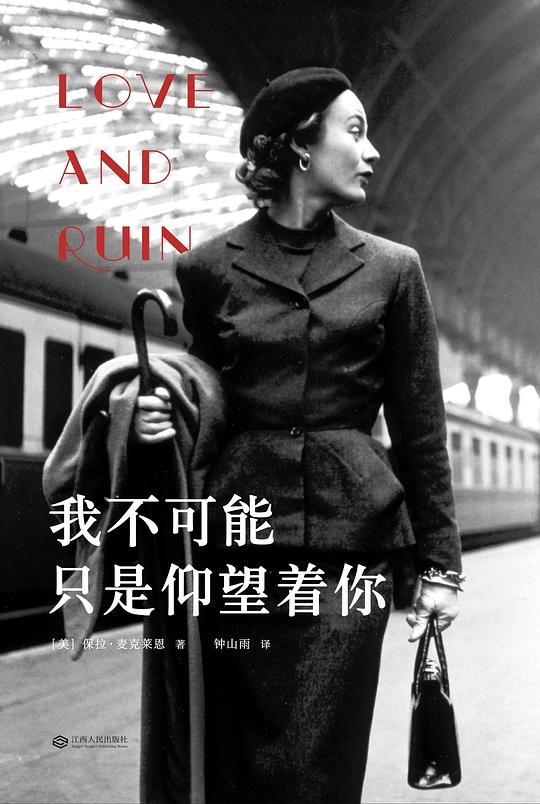
《我不可能只是仰望着你》勇敢爱离开,不再仰望
书名:我不可能只是仰望着你
1
0

花仙子 2023-05-08 17:54:49
"Love cannot solve or answer anything, nor is it a guiding bright light. It cannot do these things."
People who read this book can be roughly divided into two categories. One is interested in Hemingways personal life, while the other is attracted by the books title. This book tells the story of Marthas and Hemingways seven-year love affair, from their acquaintance to their eventual estrangement. Marthas meticulous thoughts about love, career, marriage, and gender differences have practical significance today. The story (or biography, whose authenticity cannot be verified) takes place during wartime in Spain, China, and the United States. These three wars are turning points in the story, crucial to Marthas personal growth and the changing nature of their relationship. Although Marthas literary achievements may pale in comparison to Hemingways, one cannot help but be moved by her courage, vivacity, and independent personality after reading this book.
Putting aside Hemingways infidelity within his marriage and Marthas involvement with a married man, from the perspective of a simple love story, their relationship tended towards that of soulmates. They accompanied each other and talked about everything, and their shared passion for writing made their bond even stronger. Of course, this view is from Marthas perspective. I believe Hemingway loved Martha mostly because she was beautiful and he fell in love at first sight. His later reluctance to part ways with her was merely a manifestation of his controlling nature. He couldnt stand the thought of a woman leaving him behind (as in his first two marriages). When Martha no longer relied on him, he became angry and immediately withdrew his love, and even wrote an article mocking her. Meanwhile, from Marthas internal dialogue, she had always been thinking about him and wanting to reconcile. Her apparent initiative to leave was only a forced change caused by her repeated disappointments and driven by her career goals.
Here we can see that Martha was completely led by Hemingway and the differences between men and women. Clearly, Hemingway had a family, yet Martha had to bear all the pain. Men seemed not to be affected by such things.
This is a good contrast. When Hemingway left, Martha faced herself alone. She was clearheaded and resolute. When she was with Hemingway, she seemed to become a "lovestruck person." Humans are complex creatures, and Marthas independence and longing for love are both parts of her. This led to conflicts between her career aspirations and family responsibilities later on.
The outbreak of the first Sino-Japanese War occurred. At this time, Hemingway was elated with the success of his new work "For Whom the Bell Tolls," entertaining the media, publishers, and indulging in various social hallmarks. Martha did not like this kind of life. She wanted a quiet life for the two of them, or to fight side by side, as they did in the Spanish battlefield. Therefore, she suggested going to the front line of the war with Hemingway, and this seemed to be Hemingways first and only compromise and accommodation. However, Martha and Hemingway eventually went their separate ways due to their differing life paths.
Hemingway always wanted a daughter. It is unclear whether children can stabilize marriage as a result of their love, as they never had any kids. Marthas analysis of having kids and devoting herself to family has practical relevance today. In most families, men are free to pursue their ideal careers and are praised for their social value, while women are expected to wash dishes and make soup. It seems that only in this way can love be expressed (at least in Hemingways eyes, Marthas refusal to follow him meant that she did not love him).
Here we can see that Hemingway really liked to scold Martha, making her feel guilty and even disrespectful at times. Actually, there are a few instances earlier in the book that show Hemingways tantrums and self-conceitedness. I wonder if its because he loved Martha too much and was emotionally affected.
"At least I will take back my name. Thinking this way was like grasping a lifesaving straw, and I felt slightly stronger. Outside the window, the celebration continued, and the dance and the terrible bell continued. I felt out of step with them. Hope was left behind, but only this point is so solid, belonging only to me. A very small beginning, and I know that this is all I need to do." During the days when she was with Hemingway, the media, readers, and critics always referred to Martha as Hemingways wife, even when she published her works. Even Hemingway himself added his surname to her name to increase its popularity. They could not appreciate her literary accomplishments as an individual. In the later years of their marriage, Martha pursued her own career relentlessly, but every time she visited Hemingway, all she saw was his condescending attitude, making her incredibly disappointed. She left decisively, pursuing her own ambitions.
Improving oneself is an eternal survival rule, and love is also a beautiful thing, and one of humanitys basic needs. Acknowledging ones need for love is not shameful, nor should one force oneself to be a clear-headed, independent woman. Bravely pursuing love is possible. When love becomes objectified, trivialized, infantilized, or enslaved, one can bravely break free from the shackles of love, saying "I cannot just look up to you." She can pursue a broader world and receive equal love and respect, in both popular culture and intimate relations.
相关推荐
萤火谷的梦想家
艾莉森•麦吉出生于1960年,是美国《纽约时报》畅销书作家,同时也是大都会州立大学创意写作课的教授。她的作品被翻译成20多种语言并出版,也曾被提名普利策奖,并获得苏斯博士奖金奖、克里斯托弗图书奖、美国 [美]艾莉森•麦吉/[美]克里斯托弗•丹尼斯/绘 2023-03-27 16:50:25鬼马女神捕1·绝密卧底(上)
腹黑凤凰vs毒舌鸡妖——蓝翎:“小姬,跟我去人界吧!”姬十四:“干吗?让人宰了我做小鸡炖蘑菇吗?”蓝翎:“不啊,让妖怪宰了你做小鸡炖蘑菇更气派。”凤凰蓝翎和鸡妖姬十四生活在无忧无虑的灵界。他们的故乡叫 郝天晓 2023-04-17 00:22:47© 2023-2025 百科书库. All Rights Reserved.


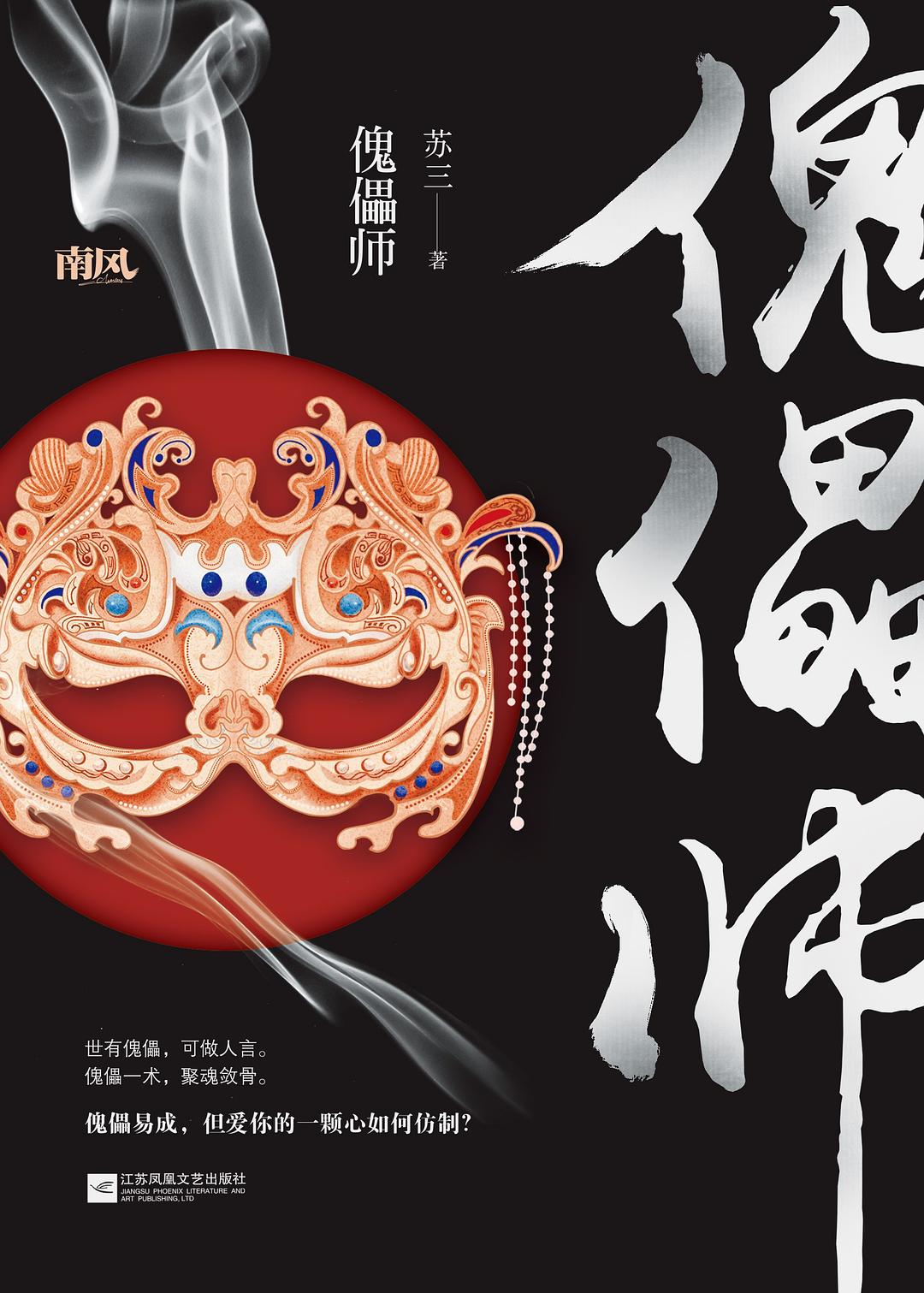
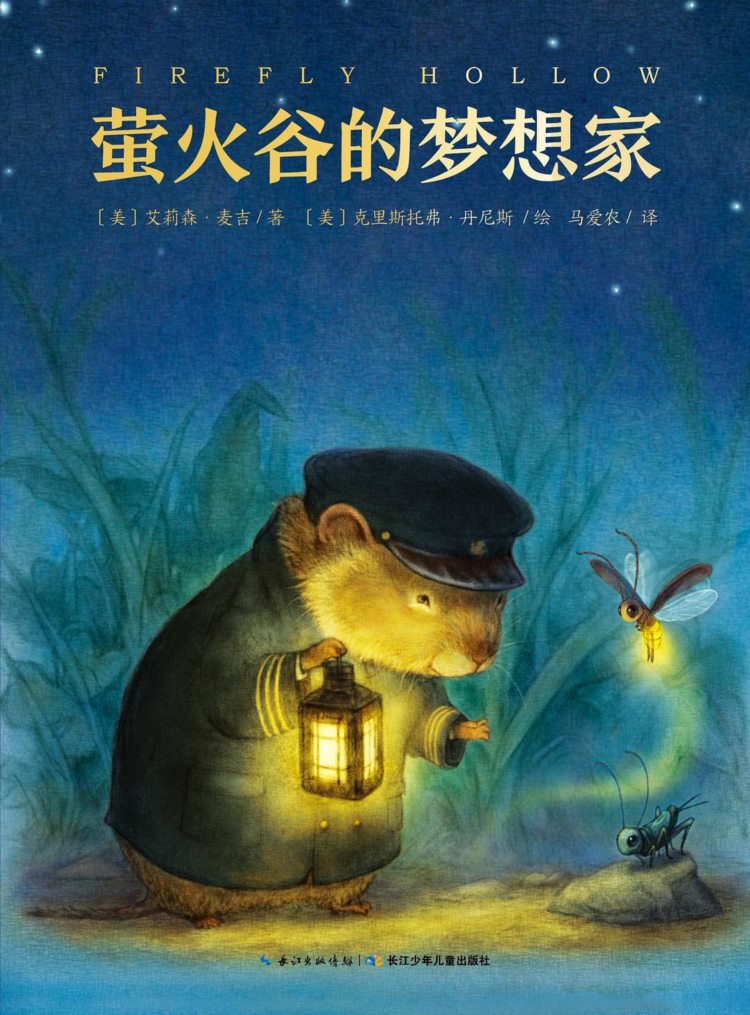
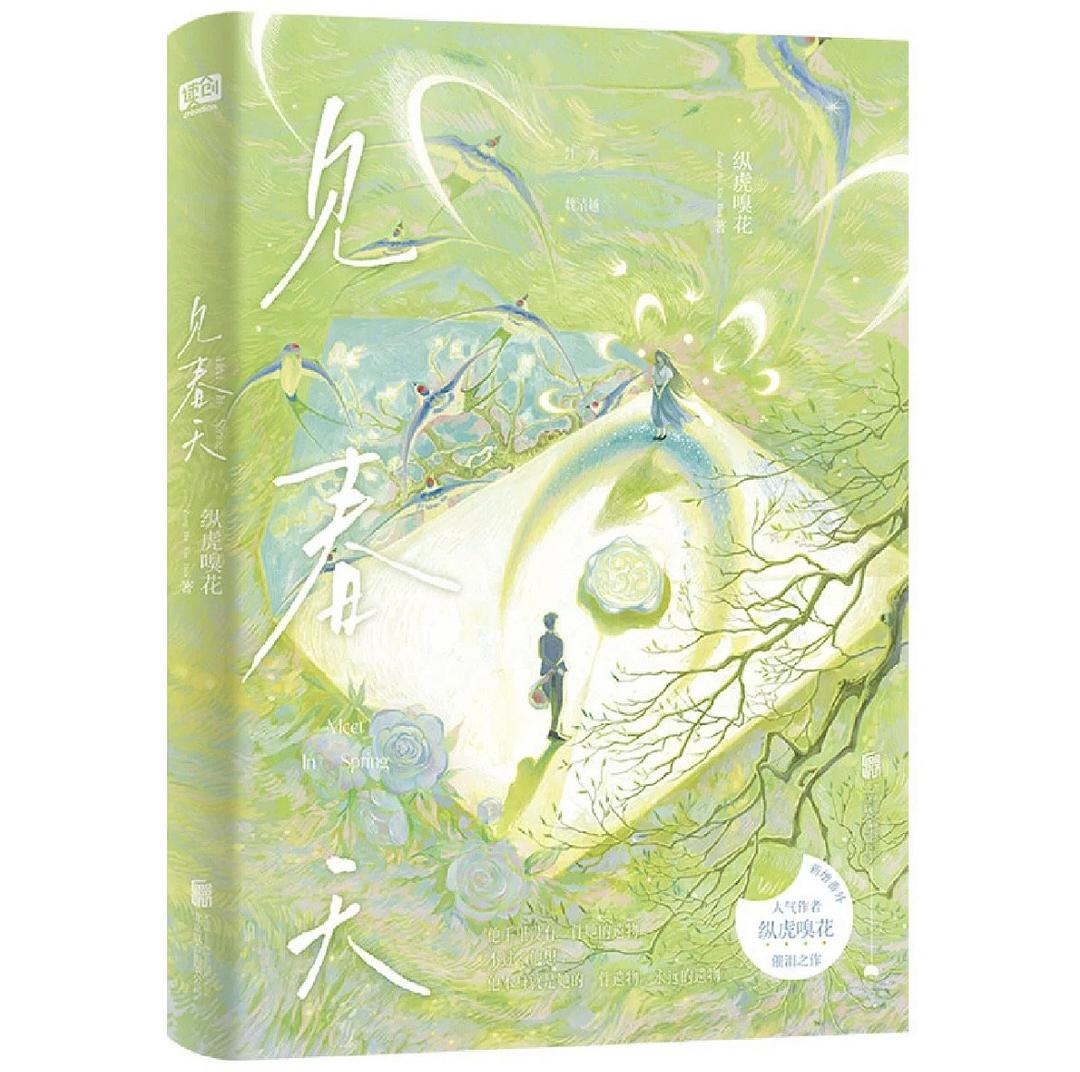



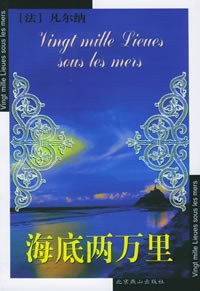
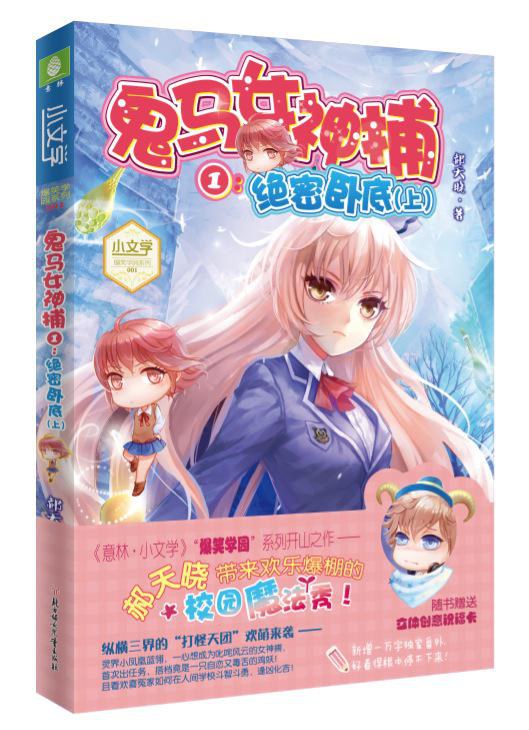
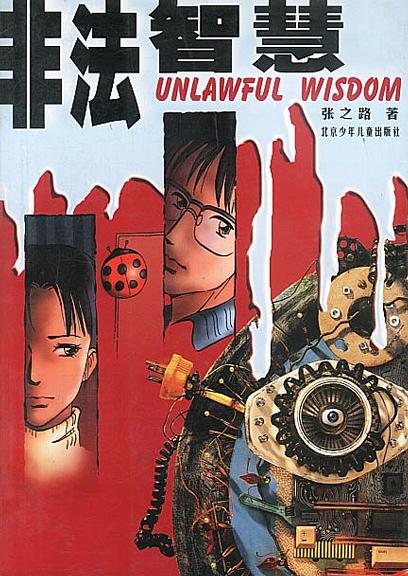
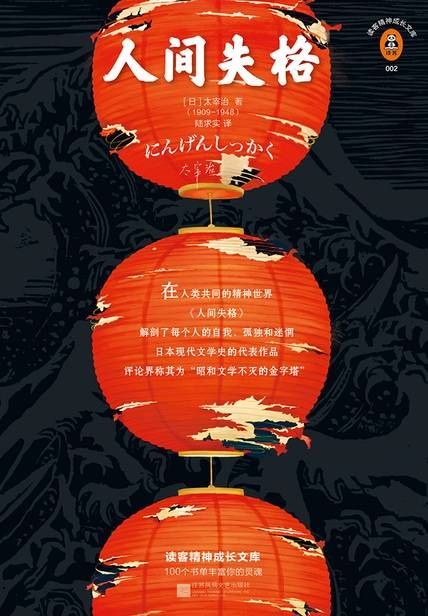
发表评价